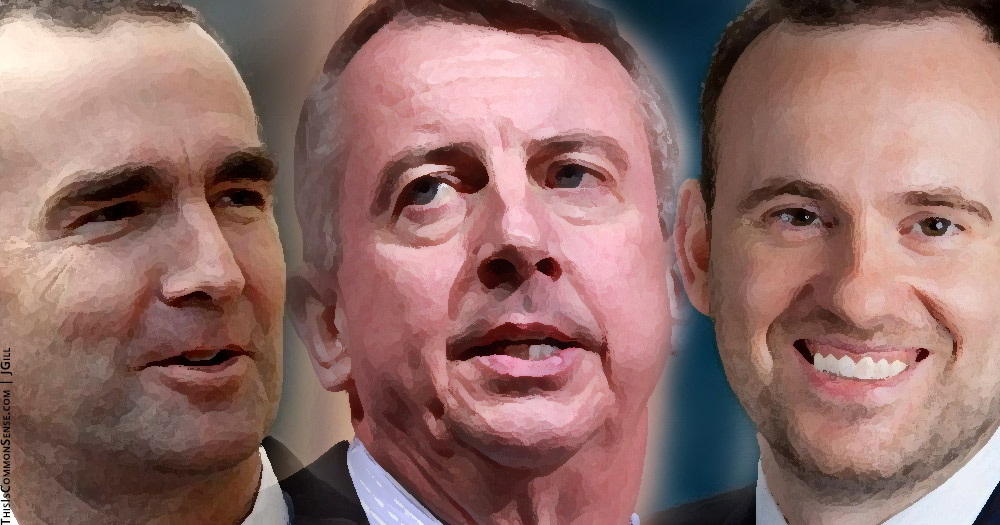“Michigan’s strictest-in-the-nation term limits law will force nearly 70 percent of state senators out of office in 2019 and more than 20 percent of representatives,” reports the Detroit News, “a mass turnover that is fueling renewed interest in reform.”
What?!! Could term limitation laws actually make our poor underpaid and overworked politicians vacate their powerful perches . . . even when they don’t want to?
Heaven forbid!
Who could have foreseen this strange turn of events, whereby limits on the number of terms politicians can stay in office would mandate that politicians, having reached that limit, would be summarily cast out?*
Of course, that “renewed interest in reform” comes not from citizens, but politicians.
Oh, and powerful lobbyists and special interests.
The paper continues: “Term limits remain popular with the voting public, but critics say Michigan rules have thrust inexperienced legislators into complex policy issues they may be ill-equipped to address.”
Rich Studley, the Michigan Chamber of Commerce’s head-honcho, argues that “experience really matters.” His lobbying outfit, “an influential business group with significant financial resources,” is working to organize a ballot measure to weaken the limits it has long opposed.
“Any reform plan is unlikely to extend or repeal term limits,” explains the News, “but may instead allow legislators to serve longer in the House or Senate.”
Come again? If legislators could serve “longer” than currently allowed, that would clearly “extend” the limits.
I smell a scam swirling around Lansing.
This is Common Sense. I’m Paul Jacob.
* The “mass turnover” consists of 26 of 38 senators termed-out and 24 of 110 in the House. Yet, there were 25 senators and 34 representatives termed-out in 2010, and the state survived.











